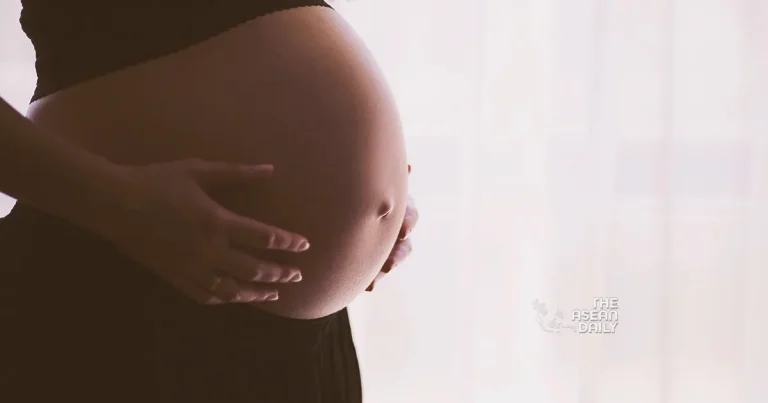21-1-2024 (SINGAPORE) – The city-state of Singapore has seen a notable drop in the number of births to teenagers, with figures from 2022 revealing a significant decrease in comparison to the past decade. Counsellors attribute this decline to the heightened awareness and adept use of contraception among today’s teenagers, marking a positive shift in reproductive health knowledge.
According to the Report on Registration of Births and Deaths 2022 by the Immigration and Checkpoints Authority, only 218 babies were born to teens aged 19 and younger in 2022, less than half the 487 births reported in 2013. The latest available figures suggest a changing landscape in teen pregnancies, with implications for sexual health education and societal attitudes.
Despite the decrease in teenage births, the Health Ministry’s information on teen abortions indicates a relatively stable incidence rate, holding at around two in 1,000 teens from 2018 to 2022. This raises questions about the methods teens might employ in handling unplanned pregnancies, as evidenced in a recent court case that exposed the perilous consequences of concealing pregnancies and attempting unsafe abortion.
In the court case, a 15-year-old girl became pregnant after engaging in sexual activity with a 14-year-old boy. The couple resorted to dangerous methods found online to terminate the pregnancy, leading to tragic outcomes. The subsequent legal proceedings found the boy guilty of sexual penetration and concealing the birth, awaiting sentencing at 18, while the girl received a conditional warning.
Counsellors emphasise that the decrease in teenage births should not be misconstrued as a reduction in teen sexual activity. Rather, young people are reportedly becoming sexually active at a younger age, with some counsellors noting cases involving pregnant teens as young as 13 seeking assistance.
Ms Shazana Sharif, a social worker at AMP Singapore, attributes the decline to improved knowledge and use of contraception among teens, citing increased access to information, comprehensive sex education programmes, and greater awareness of contraceptive methods.
Despite this positive trend, counsellors warn of the challenges teens face in dealing with pregnancies, often opting for unsafe methods due to various fears. Some teens fear parental or societal repercussions, including potential legal consequences if the pregnancy is revealed. Additionally, concerns about forced marriages and cultural stigmas contribute to the reluctance of seeking medical assistance.
To address these challenges, counsellors stress the importance of comprehensive sex education in schools and open conversations between parents and their children about relationships and sex. Strengthening reproductive and sexual health education is seen as crucial to ensuring teens are well-informed about the consequences of pregnancy, legal frameworks, and safe options for handling unplanned pregnancies.




